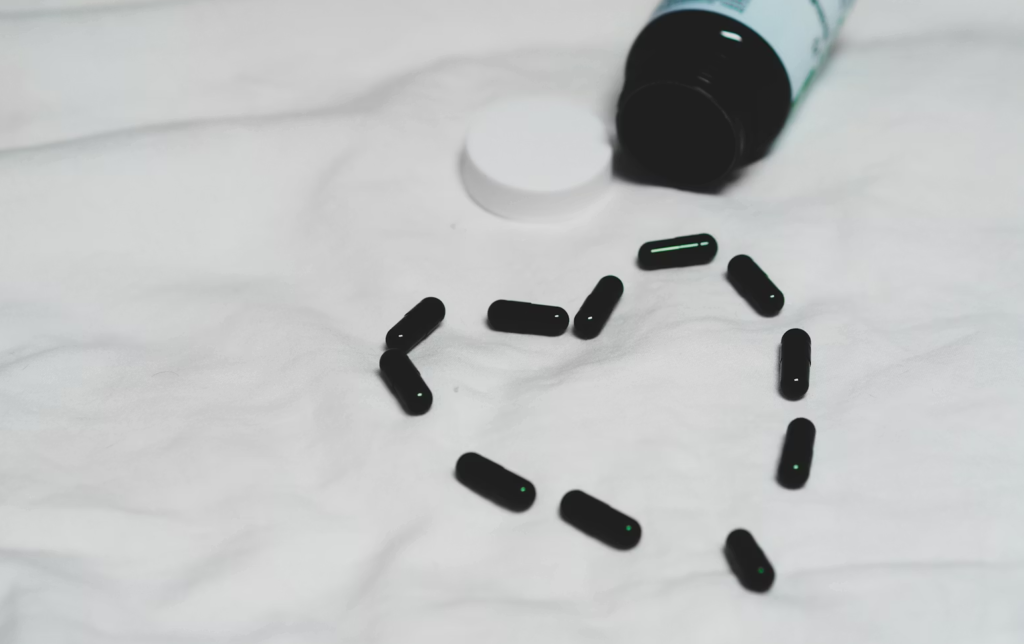In today’s wellness-focused world, supplements have become essential tools for boosting health, performance, and overall well-being. Among the most talked-about are collagen, creatine, and magnesium. Each plays a unique role in supporting the body—from skin health to muscle recovery to better sleep.
But are these supplements really necessary? And what benefits do they offer? Let’s dive into the science behind collagen, creatine, and magnesium to understand how they work and whether they deserve a place in your daily routine.
What Are Supplements?
Supplements are products taken orally to enhance health. They can include vitamins, minerals, amino acids, enzymes, and other nutrients. While food should always be the foundation of a healthy diet, supplements can fill gaps, improve specific conditions, and optimize physical and mental performance.
Now, let’s take a closer look at collagen, creatine, and magnesium.
Collagen: The Skin & Joint Supporter
What Is Collagen?
Collagen is the most abundant protein in the human body. It’s found in your skin, bones, muscles, tendons, and ligaments. Think of it as the glue that holds everything together.
As we age, collagen production naturally declines. This can lead to wrinkles, joint stiffness, and weakened muscles. That’s where collagen supplements come in.
Health Benefits of Collagen
- Improves Skin Health
Collagen supplements have been shown to increase skin elasticity, hydration, and smoothness.- A 2019 study in Journal of Drugs in Dermatology found that women who took hydrolyzed collagen for 12 weeks had reduced wrinkles and improved skin elasticity.
- Supports Joint Health
Collagen helps reduce joint pain and may improve mobility, especially in those with osteoarthritis.- A 2008 study published in Current Medical Research and Opinion showed significant reduction in joint pain among athletes taking collagen.
- Boosts Muscle Mass
Collagen contains amino acids like glycine and proline that support muscle recovery.- When combined with resistance training, collagen supplementation can help increase muscle mass.
- Promotes Gut Health
The amino acids in collagen support the gut lining, potentially reducing inflammation and improving digestion.

Best Time to Take Collagen
Take it in the morning or post-workout. It’s often available in powder form and blends easily into smoothies or coffee.
Creatine: The Strength & Brain Booster
What Is Creatine?
Creatine is a naturally occurring compound found in muscle cells. It helps produce energy during high-intensity activities like lifting or sprinting. Though our bodies produce creatine and we get some from food (like red meat), supplementation can significantly boost performance and recovery.
Health Benefits of Creatine
- Increases Muscle Strength & Power
Creatine is one of the most studied and effective supplements for increasing strength.- A 2017 meta-analysis in Journal of the International Society of Sports Nutrition confirmed that creatine improves resistance training performance and lean body mass.
- Speeds Up Recovery
Creatine helps reduce inflammation and muscle damage after exercise, speeding up recovery. - Supports Brain Function
Creatine isn’t just for muscles—it’s crucial for brain energy.- Research published in Neuropsychology (2003) found improved working memory and intelligence scores in young adults supplementing with creatine.
- Improves Cellular Hydration
Creatine draws water into cells, improving muscle volume and cellular function.

Best Time to Take Creatine
Take 3–5 grams daily. It can be taken pre- or post-workout and stacks well with other supplements like collagen or protein.
Magnesium: The Sleep & Stress Regulator
What Is Magnesium?
Magnesium is a mineral involved in over 300 biochemical reactions in the body. It plays a key role in muscle function, nerve signaling, energy production, and sleep regulation.
Many people are magnesium-deficient due to poor diets, stress, and soil depletion. Supplementation can help restore balance and improve well-being.
Health Benefits of Magnesium
- Enhances Sleep Quality
Magnesium helps regulate melatonin and GABA, the neurotransmitter that calms the nervous system.- A 2012 study in Journal of Research in Medical Sciences found that magnesium supplementation improved sleep efficiency, time, and onset in older adults with insomnia.
- Reduces Stress & Anxiety
Magnesium has a calming effect on the brain and body, reducing cortisol levels.- Low magnesium is linked to higher anxiety and depression symptoms.
- Relieves Muscle Cramps
Athletes and pregnant women often take magnesium to reduce cramps and spasms. - Supports Heart Health
Magnesium helps regulate blood pressure and prevents irregular heart rhythms.

Best Time to Take Magnesium
Take magnesium in the evening, ideally an hour before bedtime, to support relaxation and sleep. Look for highly bioavailable forms like magnesium glycinate or citrate.
Do You Really Need These Supplements?
Here’s a quick guide:
| Supplement | Best For | Signs You May Need It |
|---|---|---|
| Collagen | Skin, joints, gut health | Wrinkles, joint pain, poor digestion |
| Creatine | Muscle strength, brain power | Fatigue, slow recovery, memory issues |
| Magnesium | Sleep, stress, energy | Trouble sleeping, anxiety, muscle cramps |
You don’t need supplements if your diet is balanced and nutrient-rich. But for most people, adding one or more of these can offer noticeable health benefits—especially as we age or deal with stress.
Final Thoughts
Collagen, creatine, and magnesium each play a unique and powerful role in your overall health. Whether you’re looking to build strength, improve skin health, reduce anxiety, or sleep better, these three supplements are backed by science and trusted by professionals.
Before starting any supplement routine, consult a healthcare provider—especially if you’re taking medication or managing a health condition. But when used wisely, these supplements can be excellent tools in your wellness toolkit.







